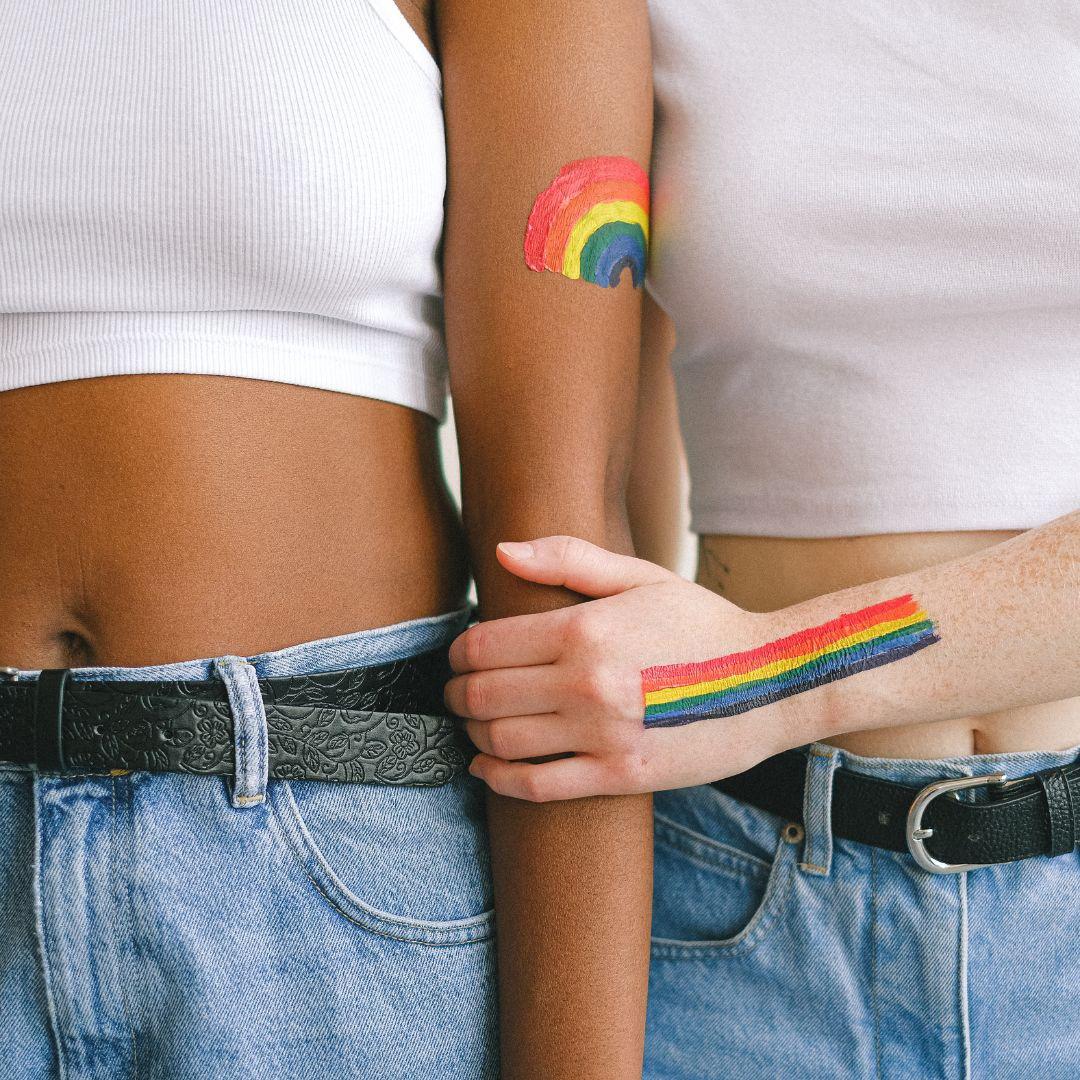Opinion by Annelise Tarnowski
I’ve always been a true believer in buying an artist’s music rather than stealing it.
I spend time at record stores, picking up the music that I researched or grabbing the next album in an artist’s discography.
I streamed music over the web, yes, but that was from sites like Pandora who would show me the next artists to discover and support.
It played ads and I couldn’t skip many songs, which meant that the artists had to have been getting paid a lot.
I often streamed a public radio station, too, that played the kinds of music I couldn’t find anywhere else.
About two-thirds of it wasn’t my style, but the other one third I couldn’t live without. Rhapsody allowed me 25 plays a month, too.
My freshman year, though, a new thing called Spotify had arrived in the United States.
I’d read about its arrival, and it seemed too good to be true.
I got to listen to everything I wanted, on demand, skip songs, it was free and the artists would get paid.
I was upset because it meant that it would be out of date to have a CD collection, and my iTunes would be frozen in time, eternally reflecting my taste in music from high school and younger (embarrassing).
But I could listen to whatever I wanted, explore every kind of music from classical to electro-synth-garage-rap-pop-hop.
I could delve into the stuff that helped shape me, and I could continue learning about music through the program.
But what about the artists? After a few years, studies started coming out, saying that artists on Spotify were making about the same amount of money per listen as one radio play.
But people could listen as many times as they wanted for free. And most people wouldn’t buy the album later. They would just tolerate the ads.
More streaming services came out, and artists removed their music from them, including Thom Yorke from Radiohead.
All of Atoms For Peace’s music was removed. Once the artists stopped supporting it, I wanted to, too.
But it’s hard. I’ve gotten used to an instant-reward system with music, and this is the closest we’ve gotten to legally obtaining what we want when we want it (if we can stand a few 30-second ads).
Who has the power here? Without artists, there’s no music. Without an audience, there’s no music. Who’s supposed to win out?
Enter Beats Music. The promotional video says, “If you wanna conjure that power (of music) from people, you first have to respect it, be in awe of it and understand that music is much more than digital files.”
Fancy marketing or a real, new approach to the music experience?
The promo video features Trent Reznor, the frontman for Nine Inch Nails, the ‘90s alt rock scene, and someone who has put his own music out on Creative Commons (the featured song in the video being one of them). Other big music celebrities (Jay-Z, Springsteen, American Idol mentor Jimmy Iovine, Nikki Sixx) have supported the project.
An NPR article on the new software explains that, “Its success depends upon users’ willingness to feel something about a computer program, to use that program as an intermediary in creating human relationships, and ultimately to be in relationship with the interface itself, enjoying its subtleties with the smiling abandon of Joaquin Phoenix dancing with his virtual lover on the Santa Monica boardwalk.” So the device has the power. The system. The software.
I played around with it for a while on a friend’s tablet, and didn’t find it especially personal, but did find out that you can download tracks, even with the trial version.
Further researching allowed me insight into the payment for artists, and whether that payment is sufficient.
Beats Music, according to its Wikipedia page, as of February, has spoken about incorporating payments for artists on independent labels at amounts that will match what would be paid on major labels.
It’s a cool app at first, and that’s about it.
When you pay for it, it’s still a cool app, but it gets to know you and your taste. The future of the music industry could really be helped by this Beats Music app if it means that audiences can still have widespread access (for a small amount of money) and artists can be getting paid efficiently.
I still think that this will lead to Beats starting to determine who becomes popular, though, based on the kind of music that is featured.
There will, no doubt, be groups who refuse to join and buck the system.
For now, though, I have an optimistic view for the future of this app, in that it so far.
Download it now, and Beats will get to know you.
Tarnowski is a junior radio/TV producing and sociology double major and can be reached at [email protected]




